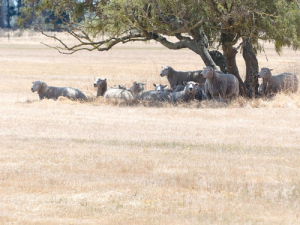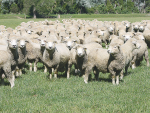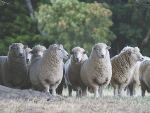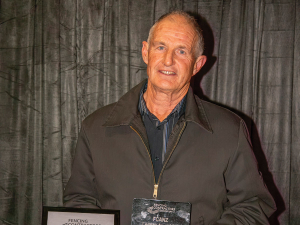Farmers in and around the Taihape /Hunterville regions of the North Island are being warned to watch for signs of facial eczema (FE).
Local vet and farm consultant Martin Walshe says the area has had more heat and humidity than is normal for this time of year.
Walshe has done spore counts in the last few days and, while these are not at dangerous levels, they are higher than he would expect for this time of the year.
“These are like Waikato conditions. If we get continued heat with moisture through February it’s probably going to be one the threats farmers in this area are going to have to deal with,” he says.
Walshe says FE does not occur annually in his area but there was a major outbreak about three years ago in April which hit farmers badly. He concedes – given that FE is not common in the region – it is hard to justify spending a lot of money on monitoring.
“But given this situation now, farmers should take some spore counts on their properties to see where things are and working out grazing policies,” he told Rural News.
“For example, if they have crops these could be saved so that if FE does occur it will give them breathing space. Then there is the obvious option of using zinc, by spraying or by using a bolus.”
Walshe says farmers may also consider selling store lambs a bit earlier and getting $100 now rather than waiting for prices to rise slightly but facing the risk of losing lambs to FE.











